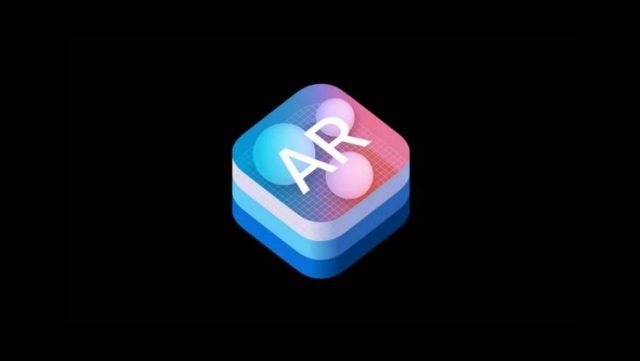Several reports over the past two years have suggested Apple is getting ready to manufacture an AR headset, and possibly ship it sometime in 2020—something that’s so far unsubstantiated by the company itself. Now highly respected industry analyst Ming-Chi Kuo, someone Business Insider called “the most accurate Apple analyst in the world,” is offering up his predictions for the fabled device, and they seem to support the view that an Apple AR headset is just over the horizon.
Kuo suggests that Apple will likely begin production on its AR headset sometime between Q4 of 2019 and Q2 of 2020, 9to5Mac reports, citing Kou’s translated statements in Money UDN (Chinese).
It won’t be a standalone affair like HoloLens 2 either, Kuo suggests. The Apple AR headset instead is predicted to rely on the iPhone for computing, rendering, internet connectivity and location services.
Kuo doesn’t mention whether this connection will be a wired or wireless at this point, although the latter would require a compelling leap in streaming tech to say the least.
In addition to an on-board battery and requisite depth sensing cameras and AR optics, if the company goes the wireless route the headset would require a way of receiving and decompressing video data rendered on the smartphone and streamed to the AR headset. It would also need to do this at the lowest possible latency, something that is much less important in a task like streaming content via AirPlay to Apple TV.
Much of this could be predicated on whatever future iPhone lays before us. An iPhone built from the ground-up with AR rendering and low latency wireless transmission in mind could make for a unique product offering to say the least.
Kuo, an analyst at TFI Securities in Taiwan, is known for his many accurate predictions surrounding Apple products, something Mac Rumors says is done by gathering intelligence from his contacts in Apple’s Asian supply chain, and translating that information into research notes for clients. These notes are typically said to provide “a solid look at Apple’s future plans,” something that puts his predictions on future Apple products as “accurate enough to make him one of the most reliable sources,” Mac Rumors concludes.
While Apple has been fairly tepid on virtual reality, the company has been full steam ahead on outfitting its mobile devices supporting iOS 11 or later with the ability to do basic AR tasks, since its release of ARKit in 2017. Last summer the company unveiled ARKit 2.0 which included improved face tracking, more realistic rendering, better 3D object detection, persistent experiences and multi-user support for shared experiences.
The company holds many patents surrounding AR interaction and hardware. At the time of this writing Apple is advertising over 100 jobs directly dealing with AR development.


